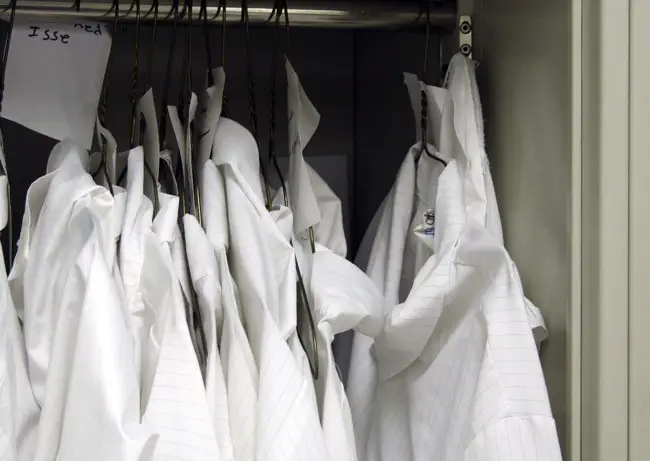
More than 13,000 rape kits that could include evidence from sexual assaults are untested statewide, according to a report released Monday by the Florida Department of Law Enforcement.
The report — based on a survey conducted from mid-August to mid-December — shows that 13,435 untested rape kits are waiting in the evidence rooms of 279 law-enforcement agencies. That’s in addition to about 3,500 rape kits that come to FDLE each year.
The report lists 15 kits from the Flagler County Sheriff’s Office that were not submitted to FDLE, but no kits–submitted or unsubmitted–from the Bunnell and Flagler Beach police departments.
Rape kits contain DNA evidence collected during investigations of sexual assaults. Testing the evidence could help law enforcement agencies solve crimes and prevent future attacks — but as the report notes, Florida does not have a law requiring the kits to be submitted for testing. The decision to submit rape kits rests with local law-enforcement agencies.
That could change in the upcoming legislative session.
A bill (HB 179) filed by Rep. Janet Adkins, R-Fernandina Beach, would establish time limits for local agencies to submit rape kits to FDLE for testing. The measure has passed one House panel and faces two more. A similar measure by Sen. Lizbeth Benacquisto, R-Fort Myers, faces three committees during the session, which starts Jan. 12.
“There is no doubt in my mind that people who commit this crime commit it again and again and again,” Adkins said. “And they won’t stop until they’re caught.”
The report comes after Attorney General Pam Bondi in September called on lawmakers to increase funding for crime labs to address the testing backlog. In its report, FDLE recommended that the state spend at least $8 million over a three-year period to do so.
“I would hope $8 million would be a very small price to pay to resolve even one unsolved rape,” Bondi said Monday.
Of the untested rape kits, 6,661 fall within FDLE’s jurisdiction. Another 6,774 are the responsibility of Broward, Miami-Dade, Palm Beach and Pinellas counties, which operate their own labs.
Meg Baldwin, director of Tallahassee’s Refuge House, which helps victims of domestic violence and sexual assaults, said the numbers come “as a shock but not a surprise.” She also praised the state for doing the assessment.
“We’re one of the few states I know of that have done that,” she said. “And FDLE also reports that the response and cooperation from all the local law enforcement agencies was very positive.”
The report found that kits were not tested for several reasons, including victims declining to proceed with investigations, state attorney’s offices declining to prosecute and suspects pleading guilty.
Also, some victims do not wish to file police reports. In those situations, kits may be held by local law enforcement or by rape-crisis centers for periods of time in case victims change their minds. Kits are forwarded to laboratories for testing only if reports are filed and victims have consented to testing.
The backlogs are a national problem, Bondi noted.
“If you look nationally, some big cities alone have as many untested kits as we do in Florida,” she said.
According to FDLE, New York City in 2000 began to test its entire backlog — 17,000 rape kits — resulting in more than 2,000 DNA matches and 200 cold-case prosecutions. In Michigan, the Wayne County Prosecutor’s Office identified 188 potential serial rapists and obtained 15 convictions. In Houston, the testing of 6,663 rape kits resulted in 850 matches in the federal DNA database.
In its report, FDLE offered several “business plans” for addressing the backlog, costing from $8 million to $32 million. That included possibly outsourcing the testing of the kits, buying additional equipment to conduct tests faster and hiring more crime-lab analysts.
“I’m sure the Legislature will respond affirmatively to the price tag and also the call to action generally,” Baldwin said.
–Margie Menzel, News Service of Florida
![]()
Click to access SAKResults.pdf





























Lin says
It just kills me that this is even up for debate in committees. It’s a no brainier — maybe that’s the point with these politicians.
The cold case prosecutions prove the value of doing this in a logical way but there is also the emotional value to the victims who have to endure all the testing and lack of follow up afterwards.
Just do the testing already — stop talking about it.